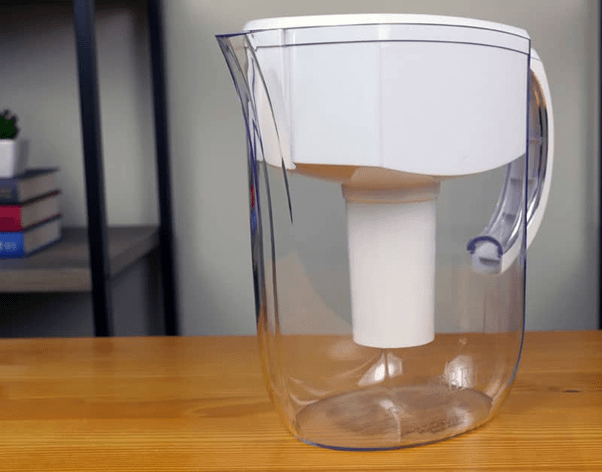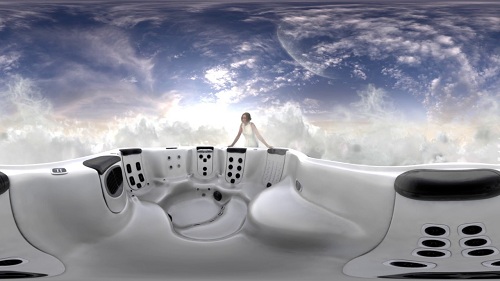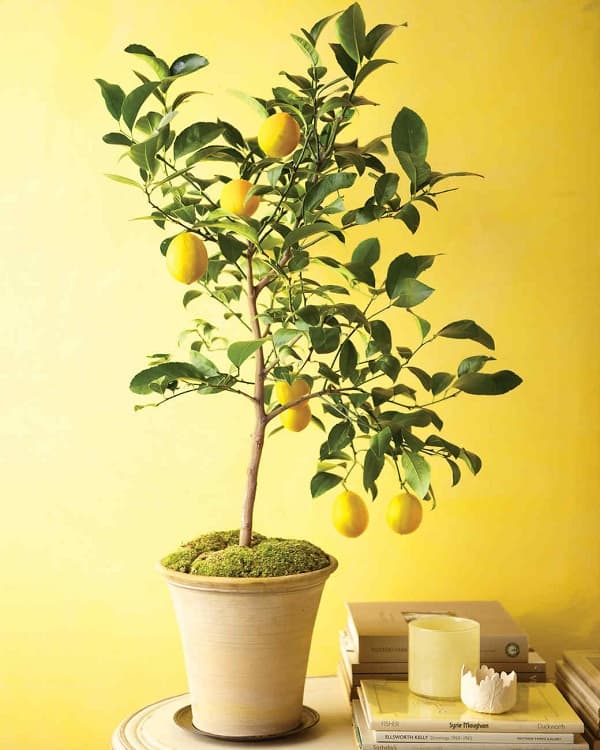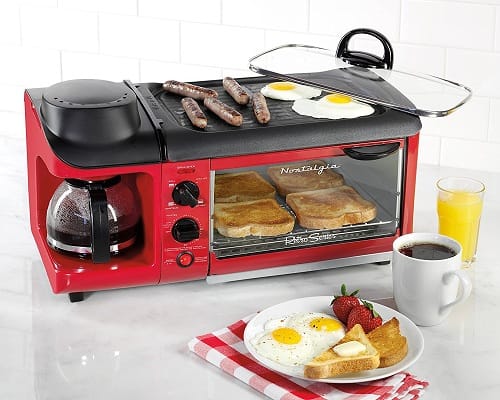Introduction
We’ve had problems with the quality of our drinking water in recent years. It’s unsurprising that an increasing number of individuals are concerned about the quality of their drinking water. Some individuals purchase bottled water to address these issues, while others opt for under-sink water filtering devices. Water filter pitchers are a good compromise for individuals who want to cut down on grocery store excursions but don’t want to spend a lot of money on significant kitchen renovations.
PUR vs Brita: The Difference
When compared to the Brita filter, the PUR filter eliminates more pollutants. Brita, on the other hand, fared far better in our taste and TDS tests. Brita and PUR both provide a wide range of pitcher sizes and styles. PUR is the superior choice if you need to remove a larger variety of impurities, while Brita is preferable for most people.
Designs

Water filters from Brita and PUR are available in a variety of variants.
For the sake of this comparison, we’ll be looking at the Brita 10 Cup Everyday Water Pitcher and the PUR 7 Cup Water Pitcher. Brita and PUR appear to be visually similar.
Both pitchers have the same design. Water is poured into the top reservoir, filtered via a single filter (made up of activated carbon and ion exchange resin), and then deposited in the pitcher’s base. Water from the base moves up the pitcher and out the spout when it’s ready to drink.
Both pitchers include a comfortable grip handle and an easy-pour spout.
The filling process and the water capacity are the two key design variations between these two types. The easy-fill top of the PUR water filtration pitcher allows you to fill the pitcher from the top without having to remove the entire cover. Because the Brita water filtration pitcher lacks an easy-fill lid, you’ll need to remove the complete top cover to fill it. The second distinction is the total capacity. The Brita pitcher has a capacity of 10 cups, however the PUR filter only has a capacity of 7 cups.
How Do Both Water Pitchers Clean Water?
Both water filters, as previously stated, rely on a single isolated filter consisting of activated carbon and ion exchange resin. The activated carbon enhances the flavor and odor of the water by reducing chlorine (taste and odor) and mercury. Copper, cadmium, and zinc are captured in the water by the ion-exchange resin.
Brita Filter
The “Standard” filter and the “Longlast” filter are Brita’s two major pitcher filters. The great majority of Brita pitchers are compatible with both filters (only the Brita Stream and Brita Infinity use different filters).
The “Longlast” filter is advertised to last three times as long as the ordinary filter, but it is also three times as costly.
When purchased in quantity, such as this package of six Brita filters, the standard filter may be replaced at a reasonable price. If you buy single Brita filter replacements, you’ll pay a little extra. Both filters are BPA (bisphenol A) free, yet the pollutants that each filter removes are vastly different. Although the LongLast filter lasts longer, it is also more costly.
PUR Filter
Pitcher filters are available in two kinds from PUR: basic and lead reduction.
The Lead Reduction filter accomplishes exactly what its name implies: it removes almost everything the Basic filter does while additionally filtering out lead. The herbicide Linuron, as well as several industrial contaminants and medications, are not filtered out by the Lead Reduction filter.
Does Brita or PUR Filtered Water Taste Better?
The flavor of water filtered by Brita and PUR water filters may differ depending on the quality of the water. Neither filter is designed to be used with well water, country water, or any other water source other than city tap (or equivalent) water, as previously stated. Both water filters are intended to minimize chlorination in the water, which enhances the flavor and eliminates any chemical odors.
Brita is the finest tasting filtered water, according to our taste tests, achieving 83 percent out of 100 percent. PUR is in second position, with a score of 69 percent.
Despite following PUR’s setup instructions to the letter, the filtered PUR water had a clear and obvious metallic flavor. This flavor was only found in PUR filtered water, not in tap water.
Final Verdict
When all of these factors are considered, Brita comes out on top. In terms of overall water flavor, filter longevity, filter replacement cost, and pitcher choices, Brita outperforms PUR as a faucet filter. The PUR filters, on the other hand, decrease and eliminate more chemicals from the water than the Brita pitchers, which is the main objective of a water filter pitcher.
If you don’t have strong opinions about what should be filtered out of your tap water, one of the various Brita pitchers is a good option. PUR water filter pitchers, on the other hand, will provide you with piece of mind if you have particular water pollution issues such as lead, medicines, or biological things.





